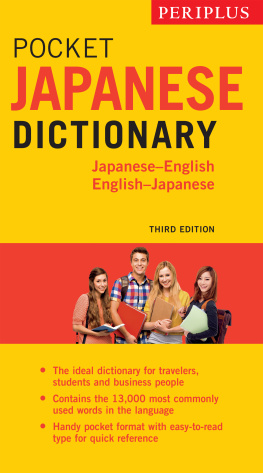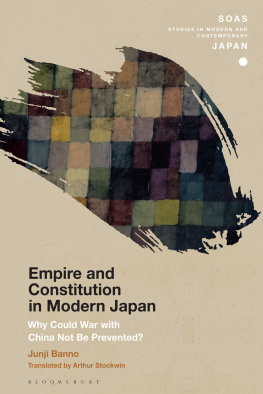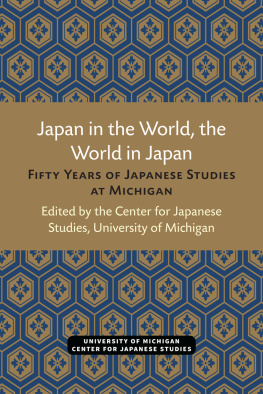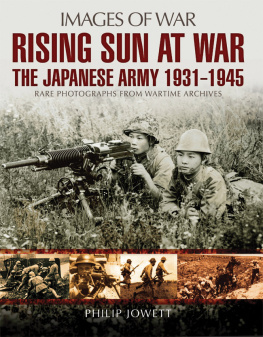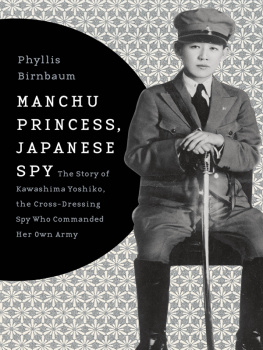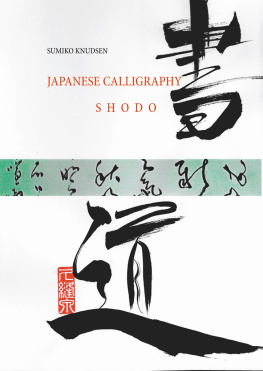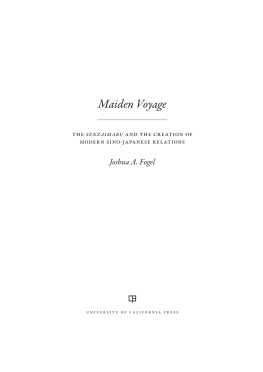Jiaxin Zhong - Japanese War Orphans: Abandoned Twice by the State
Here you can read online Jiaxin Zhong - Japanese War Orphans: Abandoned Twice by the State full text of the book (entire story) in english for free. Download pdf and epub, get meaning, cover and reviews about this ebook. year: 2021, publisher: Routledge, genre: Politics. Description of the work, (preface) as well as reviews are available. Best literature library LitArk.com created for fans of good reading and offers a wide selection of genres:
Romance novel
Science fiction
Adventure
Detective
Science
History
Home and family
Prose
Art
Politics
Computer
Non-fiction
Religion
Business
Children
Humor
Choose a favorite category and find really read worthwhile books. Enjoy immersion in the world of imagination, feel the emotions of the characters or learn something new for yourself, make an fascinating discovery.

- Book:Japanese War Orphans: Abandoned Twice by the State
- Author:
- Publisher:Routledge
- Genre:
- Year:2021
- Rating:5 / 5
- Favourites:Add to favourites
- Your mark:
Japanese War Orphans: Abandoned Twice by the State: summary, description and annotation
We offer to read an annotation, description, summary or preface (depends on what the author of the book "Japanese War Orphans: Abandoned Twice by the State" wrote himself). If you haven't found the necessary information about the book — write in the comments, we will try to find it.
After Japans defeat in August 1945, some Japanese children were abandoned in China and raised by Chinese foster parents. They were unable to return to Japan even during the mass repatriation carried out by the Japanese government in the 1950s. Most of them returned to Japan in the 1980s. They are called Japanese war orphans. They are victims of the Sino-Japanese War and have been exploited and abandoned by the Japanese government. They are also border people who have lived in the interstices between two nations, China and Japan, and are migrants who have exploited the gap in economic development between Japan and China to seek individual happiness.
Modern East Asia underwent drastic social change. These drastic social changes affected the lives of the Japanese war orphans and their families in a variety of ways. Over the years, Zhong has interviewed Japanese war orphans, their Chinese foster parents, and Japanese volunteers. The title is an interview-based sociological study of the issue of Japanese war orphans. The first half of the Japanese war orphans lives were spent in China, and the latter half in Japan. It brings to the fore the dramatic personal histories of the Japanese war orphans surviving in the interstices between two nation-states. Through analyzing the issue of Japanese war orphans, the research on the subject makes the following three points: (1) the powerlessness of civilians caught up in modern warfare and the long-lasting effects of modern warfare on the life histories of individuals and their families; (2) the nature of the modern nation-state, which exploits and abandons its citizens as though they were expendable; and (3) immigration as a product of modernization gaps.
Scholars pursuing studies in both Japanese society & Chinese society and historians of the Sino-Japanese war would find this an ideal read.
Jiaxin Zhong: author's other books
Who wrote Japanese War Orphans: Abandoned Twice by the State? Find out the surname, the name of the author of the book and a list of all author's works by series.


